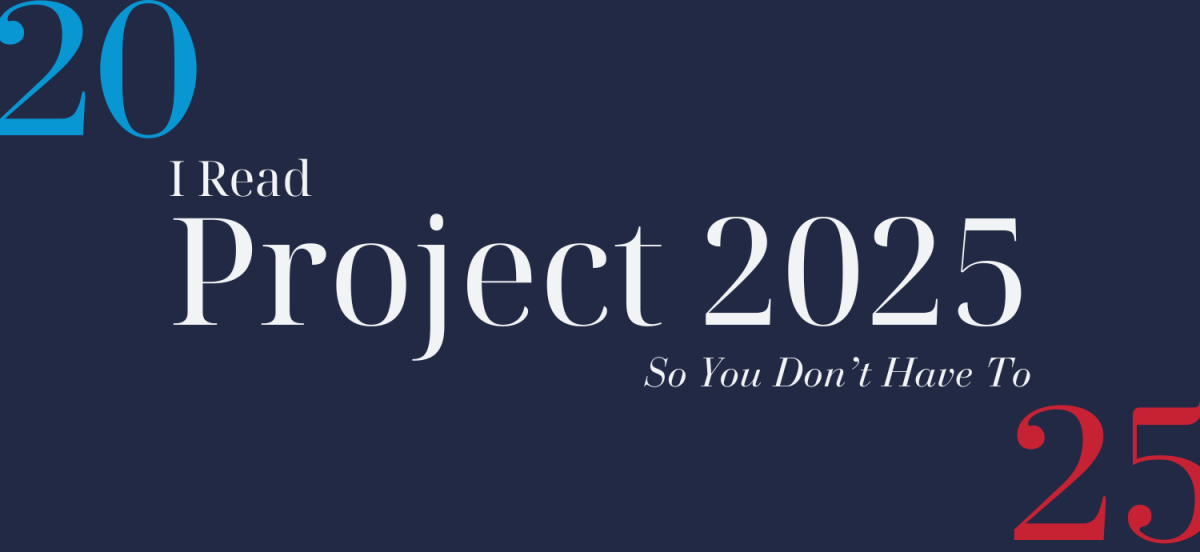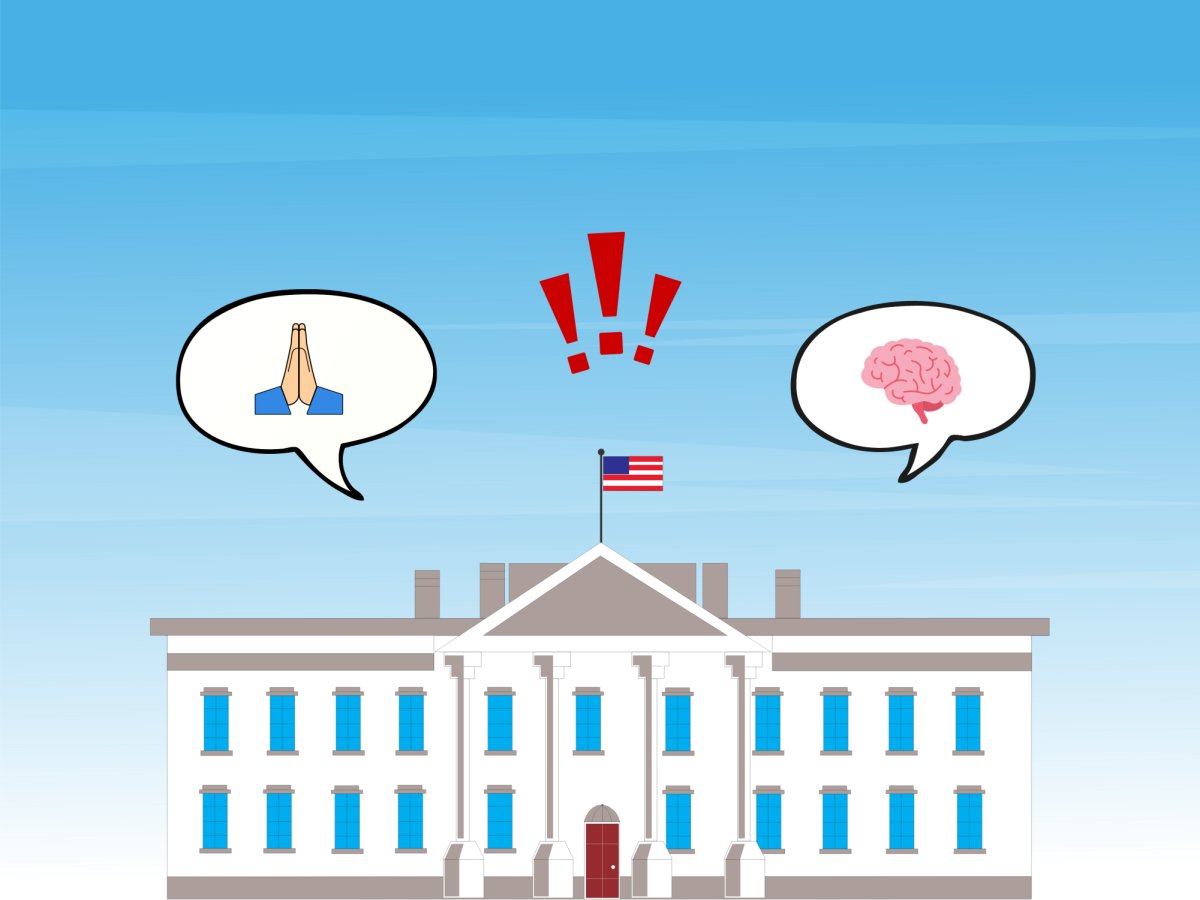Project 2025 aims to shift the control of the United States’ education system back to the states. By arguing that this approach promotes parental choice, proponents of the plan ignore its harmful effects on vulnerable students, public education and civil rights legislation.Title I has provided higher poverty school districts with necessary funding since 1965, and is essential in ensuring public schools have the resources to educate their students. Project 2025 would convert Title I’s federal assistance into block grants, meaning states will no longer be obligated to allocate funds to the schools accustomed to receiving assistance. According to the Center for American Progress, the end of Title I would accompany a loss of nearly 180,300 teaching positions, affecting over 2.8 million students in the U.S.
Project 2025 also proposes eliminating the Head Start program, arguing it is “fraught with scandal and abuse.” This program, which served about 833,000 people in the fiscal year of 2022, provides school meals and access to free child care to those in under-resourced communities. Eliminating Head Start would result in millions of children facing food insecurity and further exacerbate the lack of affordable child care.
Project 2025’s education reforms also seek to roll back civil rights protections for LGBTQIA+ students. Currently, Title IX prohibits discrimination based on “sexual orientation and gender identity,” but the educational reforms proposed in Project 2025 liken this supposed liberal “transgender ideology” to the “sexualization of children” and deem it pornographic. The document further states that educators who use materials that address transgender identities should be “registered as sex offenders.” Project 2025’s reforms also deny students the right to use their chosen name in school. This restriction of human rights will lead to increased legal discrimination against LGBTQ+ students, creating a hostile learning environment for many.
The reforms to the Department of Education proposed by Project 2025 undermine essential funding and programs that support low income communities and strip civil rights protections away from students. These major shifts in education will be detrimental to the most vulnerable of school districts, widening the gap between resourced and underfunded schools.





















































